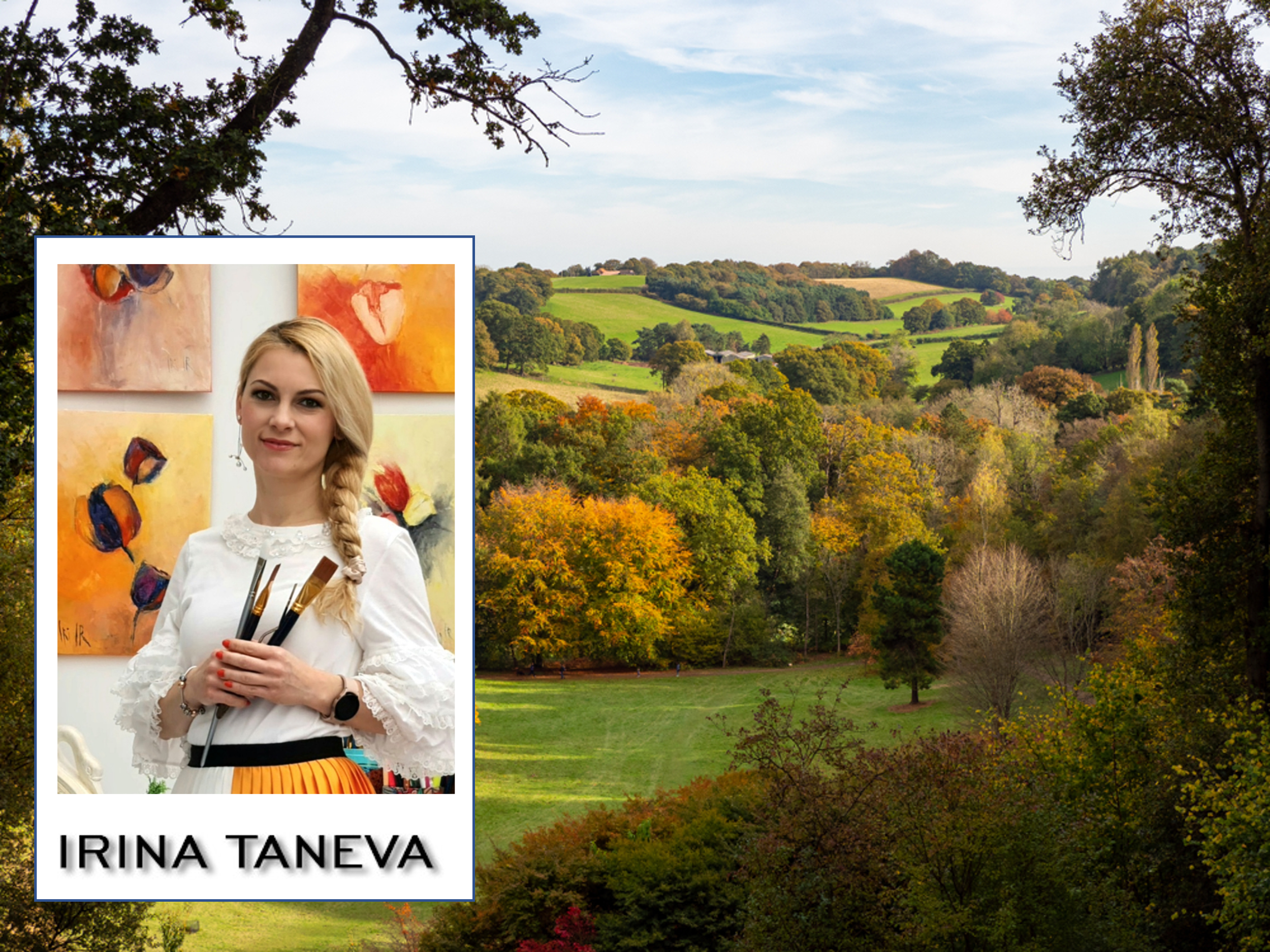Forest Bathing and other session dates
For Private one to one, Private Group and Corporate sessions, please go to Services.
Featured

Jul
6
Winkworth Arboretum - Connecting and Capturing Nature



